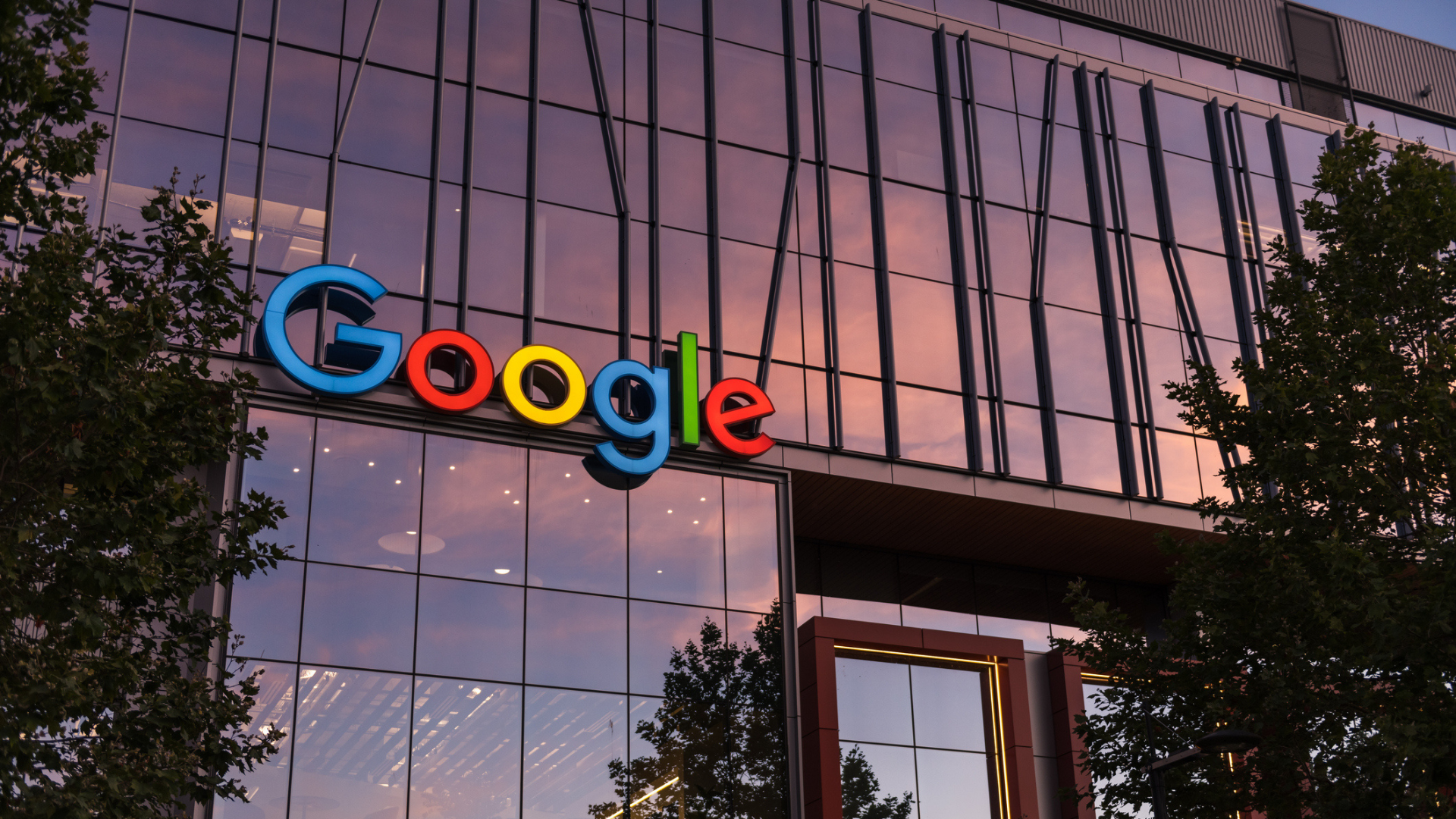Google Compensating AI Employees to Remain Rather Than Join OpenAI

As the competition in the artificial intelligence (AI) sector intensifies, retaining skilled AI professionals has become essential for leading tech companies in the United States. Google’s AI branch, DeepMind, has reportedly implemented measures to keep its top talent from moving to rival firms.
According to a report by Business Insider, DeepMind is now providing noncompete agreements to its employees. This move is intended to prevent them from taking positions at competing tech firms, particularly in its UK offices, thus securing its competitive edge in the AI domain. The duration of these noncompete clauses varies based on several factors, including the employee’s seniority and the significance of their role within the organization.
Additionally, it has been reported that DeepMind will continue to pay its employees for up to 12 months if they decide to leave the company for rival opportunities. This approach serves as both a retention strategy and a financial cushion for employees contemplating a career change.
The Google Noncompete Landscape
In April of the previous year, the Federal Trade Commission (FTC) made headlines by abolishing many noncompete agreements. This ruling mainly benefited startups, granting them access to a broader talent pool from larger companies. However, the new regulations do not apply to Google’s offices in London, which allows DeepMind to continue its use of noncompete clauses.
Microsoft’s Vice President of AI, Nando de Freitas, took to Twitter last month to discuss the challenging implications of these noncompete agreements. He emphasized that employees are feeling ‘despair’ due to restrictions imposed by these clauses, leading to anxieties about their career prospects.
Escalating Competition in AI
As the race in AI technology heats up, retaining expert talent remains a top priority for tech giants. The sector has seen significant investment since the launch of ChatGPT in late 2022, with companies pouring millions into the development of large language models and other advanced AI technologies.
OpenAI has continued to innovate, recently unveiling its image generator, GPT-4o. This latest tool allows ChatGPT users to effortlessly create detailed images through precise, contextual prompts, enhancing user interaction and creativity.
Within the same competitive milieu, the launch of DeepSeek AI led to substantial financial repercussions, resulting in tech firms losing approximately $1 trillion in a single day. Such events underscore the intense rivalry among companies and their ongoing efforts to stay relevant and competitive in the rapidly evolving AI landscape.
While companies like OpenAI push aggressively forward, Google has chosen a more measured approach in its AI initiatives. The tech giant recently introduced its latest model, Gemini 2.5 Pro, making it available to users free of charge. This strategic move reveals Google’s aim to expand its presence in the AI field while still attempting to secure its existing talent pool.


![Gemini Has the Potential to Become the Leading AI Platform with Broader Google Integration [Video]](https://deepmind.blog/wp-content/uploads/2025/04/Gemini-Has-the-Potential-to-Become-the-Leading-AI-Platform-300x157.jpg)



